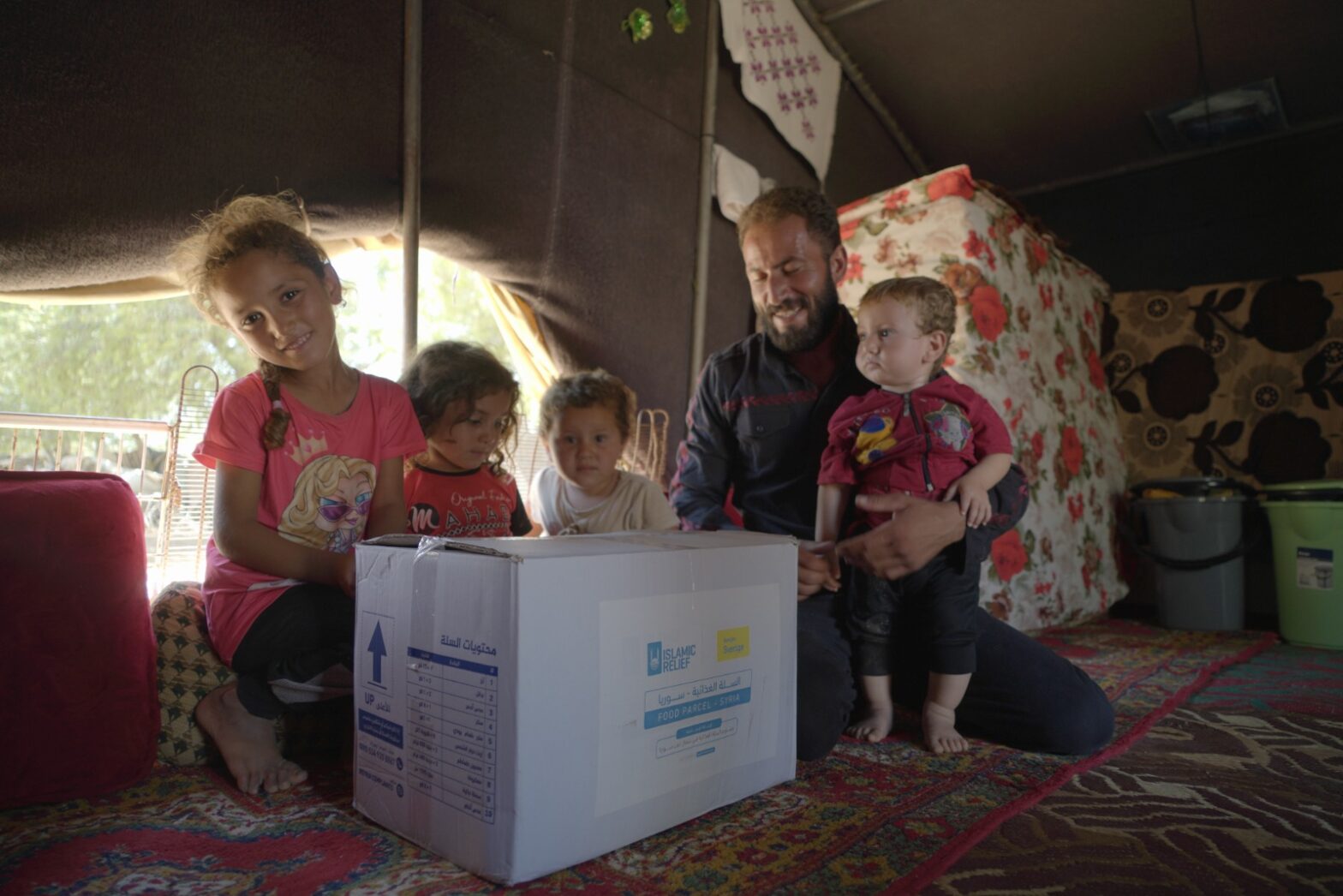
Two years on from the deadly Turkiye-Syria earthquakes, thousands of survivors are still languishing in harsh conditions in camps in northwest Syria, where they struggle to get enough food, water, healthcare or earn an income.
The 7.8 magnitude earthquakes, which struck on 6 February 2023, were the worst to hit the region in over a century, killing around 57,000 people and destroying or damaging more than 137,000 homes as well as vital services such as schools and health centres. The cost of recovery and reconstruction is estimated at up to $80 billion.
In the two years since, Islamic Relief has been helping to rebuild homes, services and livelihoods, but the charity says the pace of recovery is too slow.
Rajab Haj Salem, head of Islamic Relief’s office in Idlib in northwest Syria, said:
“It’s so sad to see the situation for earthquake survivors in the camps here.
Two years later, many of them are still traumatised by the earthquakes. They still relive the moment that ripped apart their entire lives. Many are doubly hurt by being stuck in camps and having to depend on aid. People just want support to rebuild their homes so they can leave the camps and live in dignity.
Conditions in the camps are very harsh, with shortages of almost everything, from food and water to healthcare and education. Many people don’t have dignified shelters and they can’t access jobs or a decent livelihood. In the winter months now it gets very cold and people’s tents get flooded or blown down by high winds.
Islamic Relief is providing aid in the camps and helping to rebuild homes and livelihoods, but it’s not enough. More international support is needed to help them recover. People in the camps message our staff, asking the world not to forget about them.”
Islamic Relief is working in the camps, delivering bread to over 10,000 families every day. It has built 643 homes for families, moving displaced residents out of their tents. We provide services including health centres, malnutrition clinics, education for children. We have given more than 40,000 families livelihood support including agriculture training, tools for farming, and investment to livestock. This is a priority in Syria where unemployment is a significant challenge and over 90% of people are living in poverty.
The earthquake survivors are among more than one million people living in camps in northwest Syria, with many other families made homeless by the horrific violence that people have endured over the past 14 years.
The end of the Assad government in December 2024 has brought many people hope of rebuilding a better future for Syria, but the country needs international support to recover from more than a decade of destruction and loss.
Turkiye also suffered devastating destruction from the earthquake, but there has been a much faster recovery.



